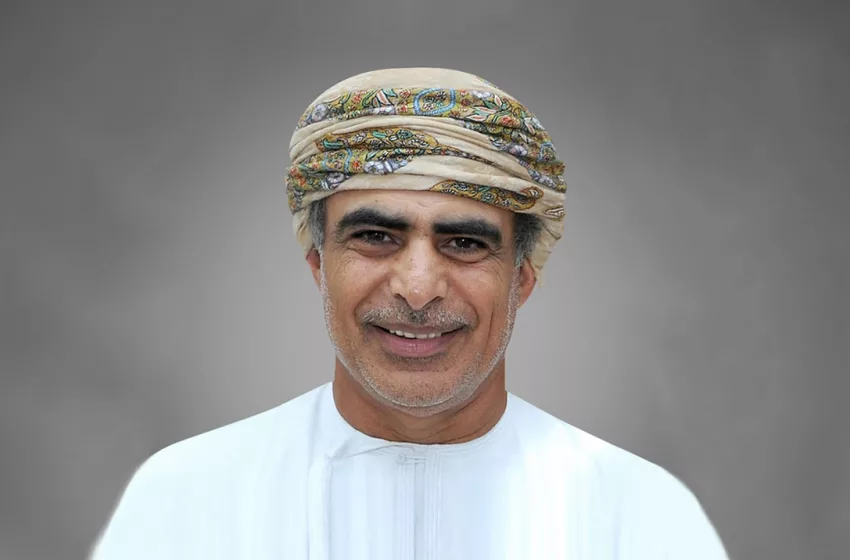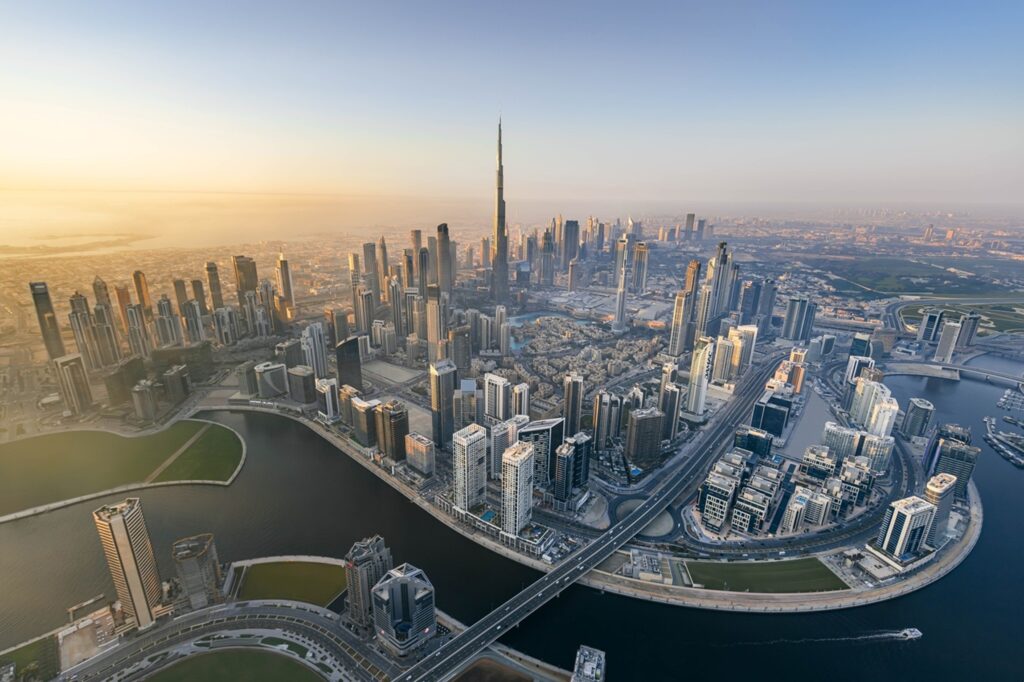
globalbizmag.com
Oman to increase Oil production between 50,000-100,000 barrels per day
New oil discoveries in Oman is expected to increase the production by 50,000 to 100,000 barrels in the next two or three years.
According to Oman’s Minister of Energy and Minerals Mohammed bin Hamad Al-Rumhi, his ministry will continue exploration efforts so the country’s crude oil production remains as it is current rate or increases according to the market situation in the coming period.
The Minister was optimistic about the improvement of conditions in the gas sector in the coming years, adding Oman’s crude oil reserves currently stand at 5.2 billion barrels, while gas reserves at about 24 trillion cubic feet.
Oman is seeking to boost its oil and gas output with the help of international oil companies, with Shell and BP being among the biggest operators in the country.
Al-Rumhi said that Oman has also signed a number of agreements with Iran to develop two gas pipeline projects linking the two countries and the Hengam oil field.
The announcement of the deals comes less than two weeks after Iranian President Ebrahim Raisi visited the sultanate and met with the country’s leaders.
Al-Rumhi said that the two sides agreed to form a technical team to review the gas pipeline project, whose agreement was signed in 2013. The pipeline is 400 sq km long and is expected to pump about 28 million cubic meters of gas for 15 years from Iran to Oman.
He stressed that the two countries agreed upon developing the field that there would be a common roadmap that would benefit both parties by extracting more of it and reducing damage to the field.
Oil Prices
With regard to oil prices, the Minister said it was difficult to predict prices during the coming period due to the Russian-Ukrainian crisis.
“Oil prices may remain at what they are now at the same level at least until the end of this year and may return to their levels before the outbreak of the war,” he added.
He expressed hope that the global economy will see further development and several factors that may help stabilize prices. adding the situation is expected to improve by the end of the year or early next year.
Oman is the biggest Middle East oil producer outside OPEC and has pumped 840,000 b/d in April, slightly above its 837,000 b/d OPEC+ quota, according to the latest Platts survey by S&P Global Commodity Insights.















